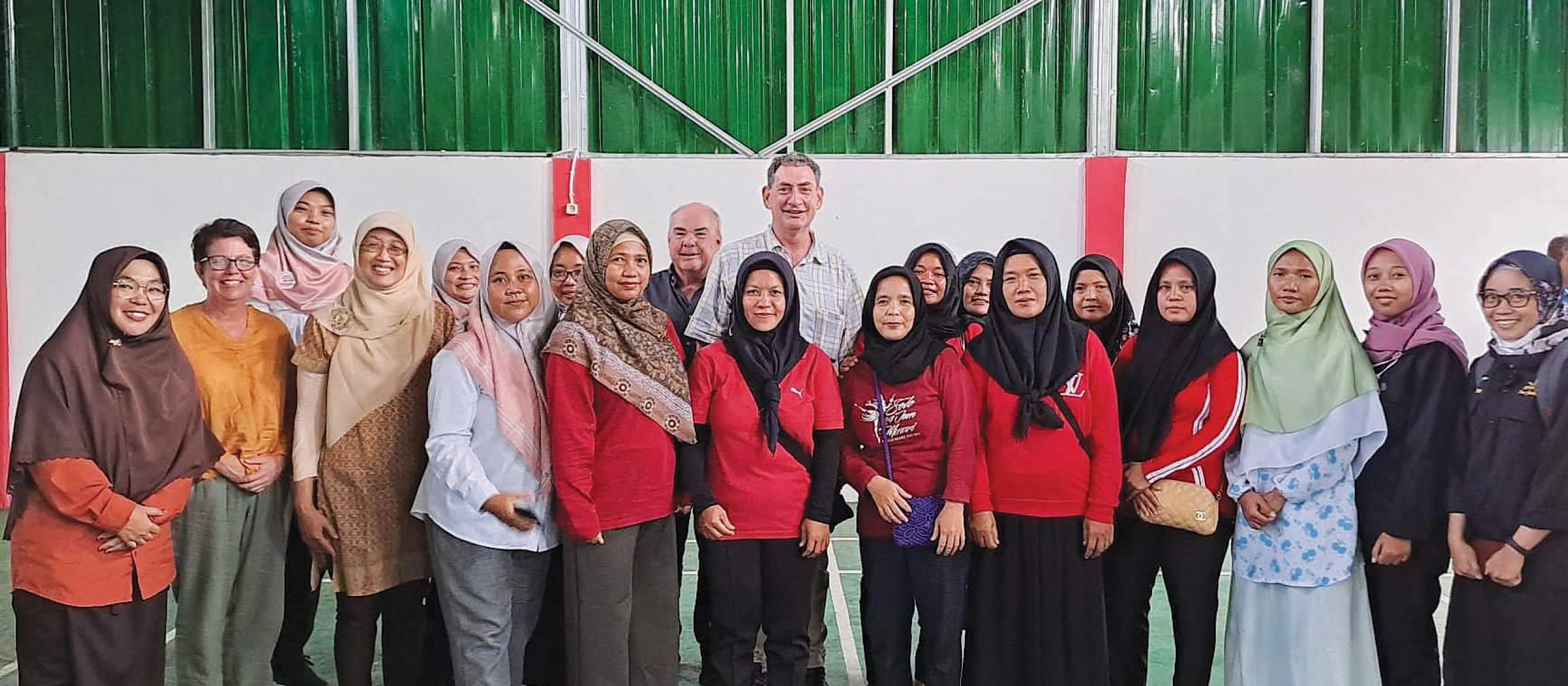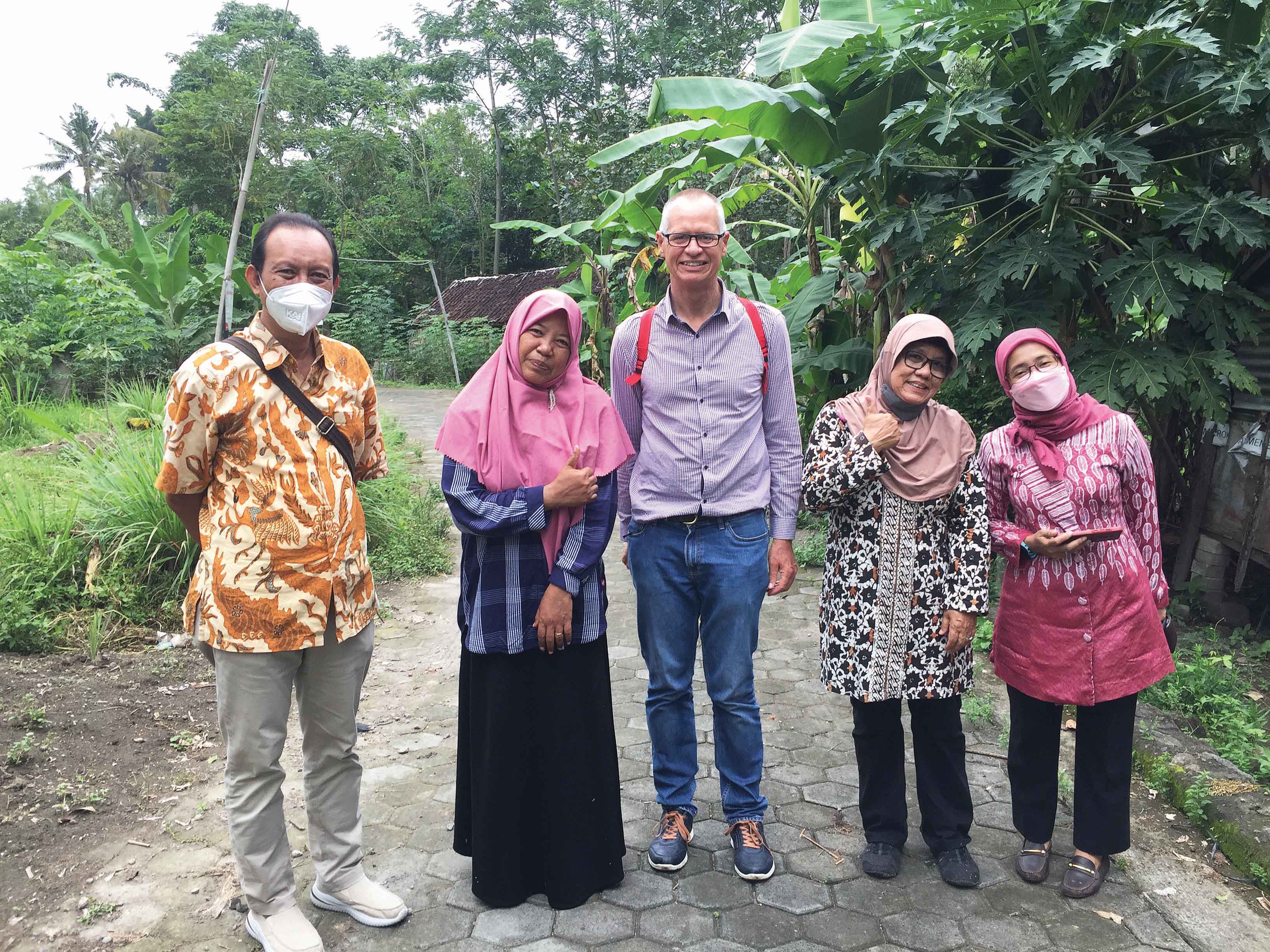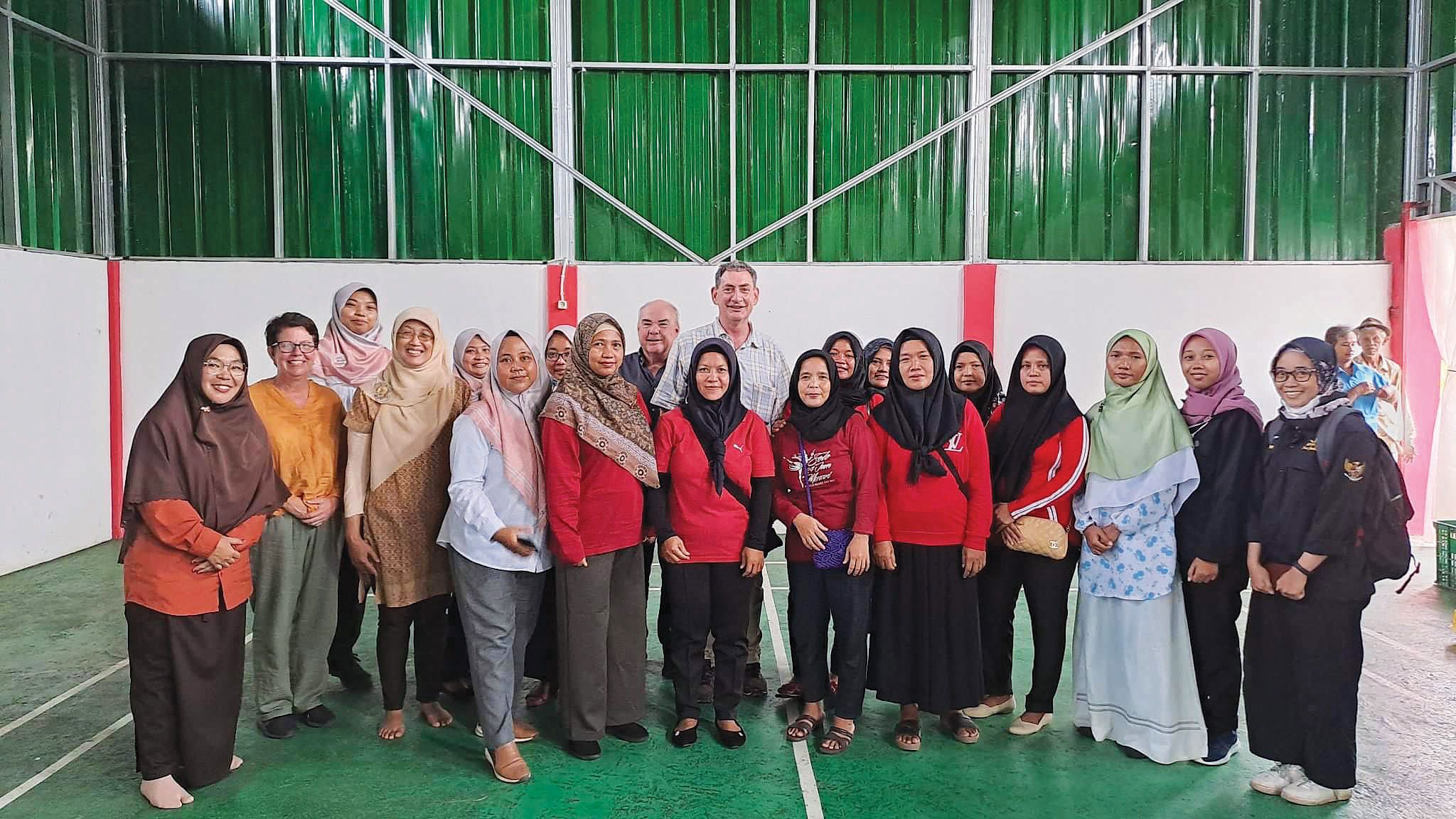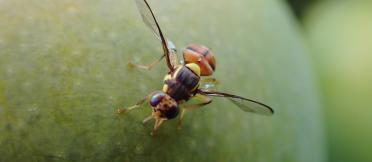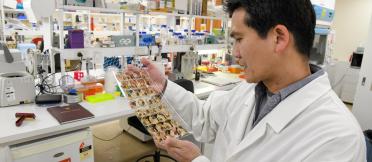Understanding women’s roles and developing training programs and policies to better engage with women are vital to the success of farm extension programs on integrated pest and disease management (IPDM), according to Dr Alison Watson.
Dr Watson leads the Secretariat of the Association of Southeast Asian Nations (ASEAN) Fall Armyworm Action Plan. The fall armyworm is a highly destructive pest that has spread rapidly across South-East Asia over the past 5 years, causing significant damage to maize crops.
IPDM is central to the Action Plan, which involves all 10 ASEAN nations and is supported by Australia’s Department of Foreign Affairs and Trade. The Secretariat is hosted by CSIRO.
But Dr Watson said the scope of the Action Plan is wider than fall armyworm and incorporates capacity building for improving plant health and biosecurity more broadly. This includes a Women as Integrated Pest Management (IPM) Leaders Program, which began in 2022.
‘We want to identify the opportunities to empower women in plant pest and disease management, with a holistic approach to improving crop health, using pesticides as a last resort,’ explained Dr Watson.
